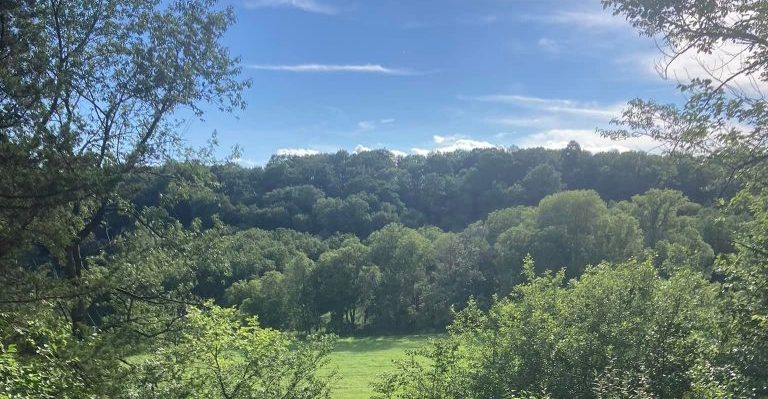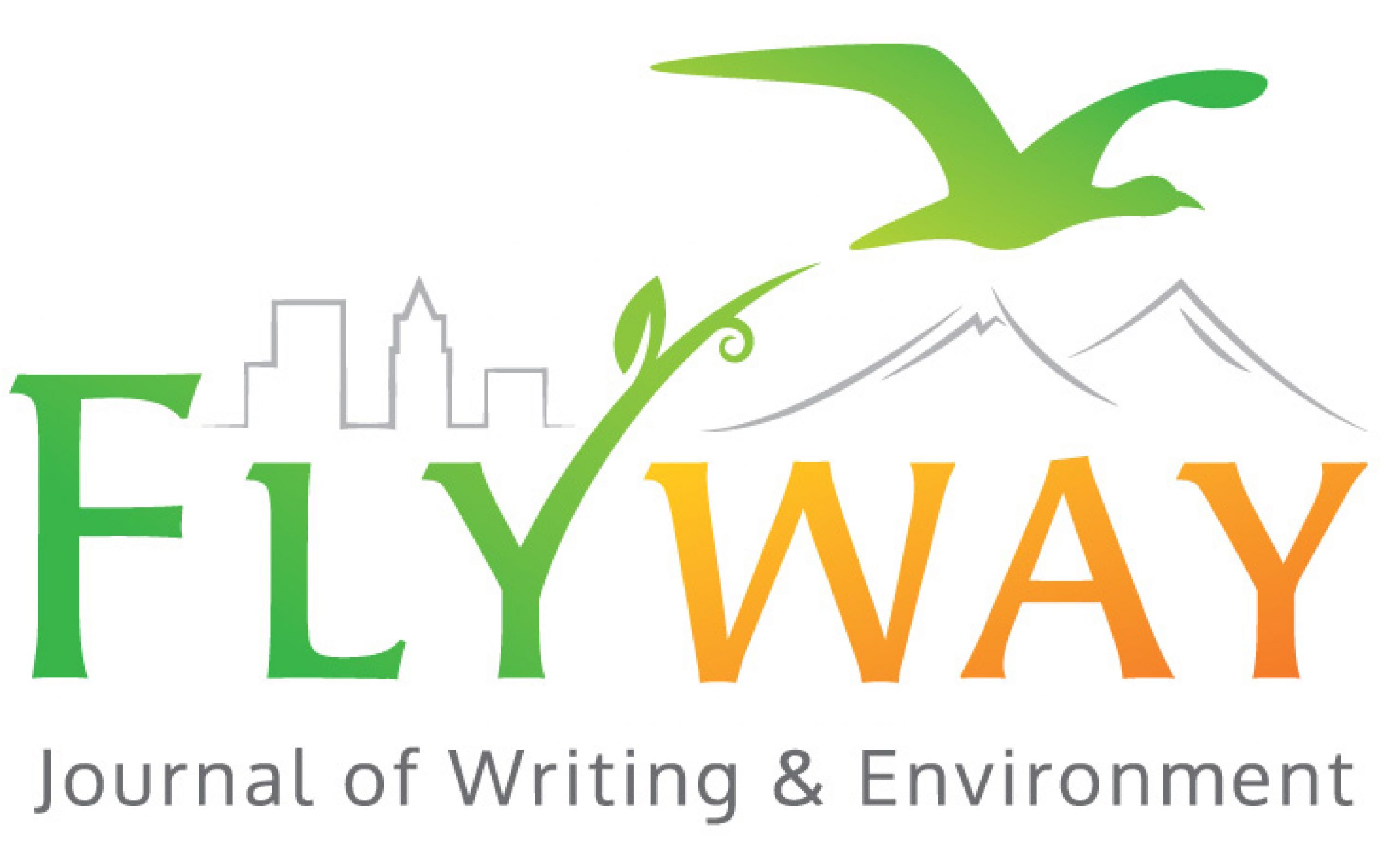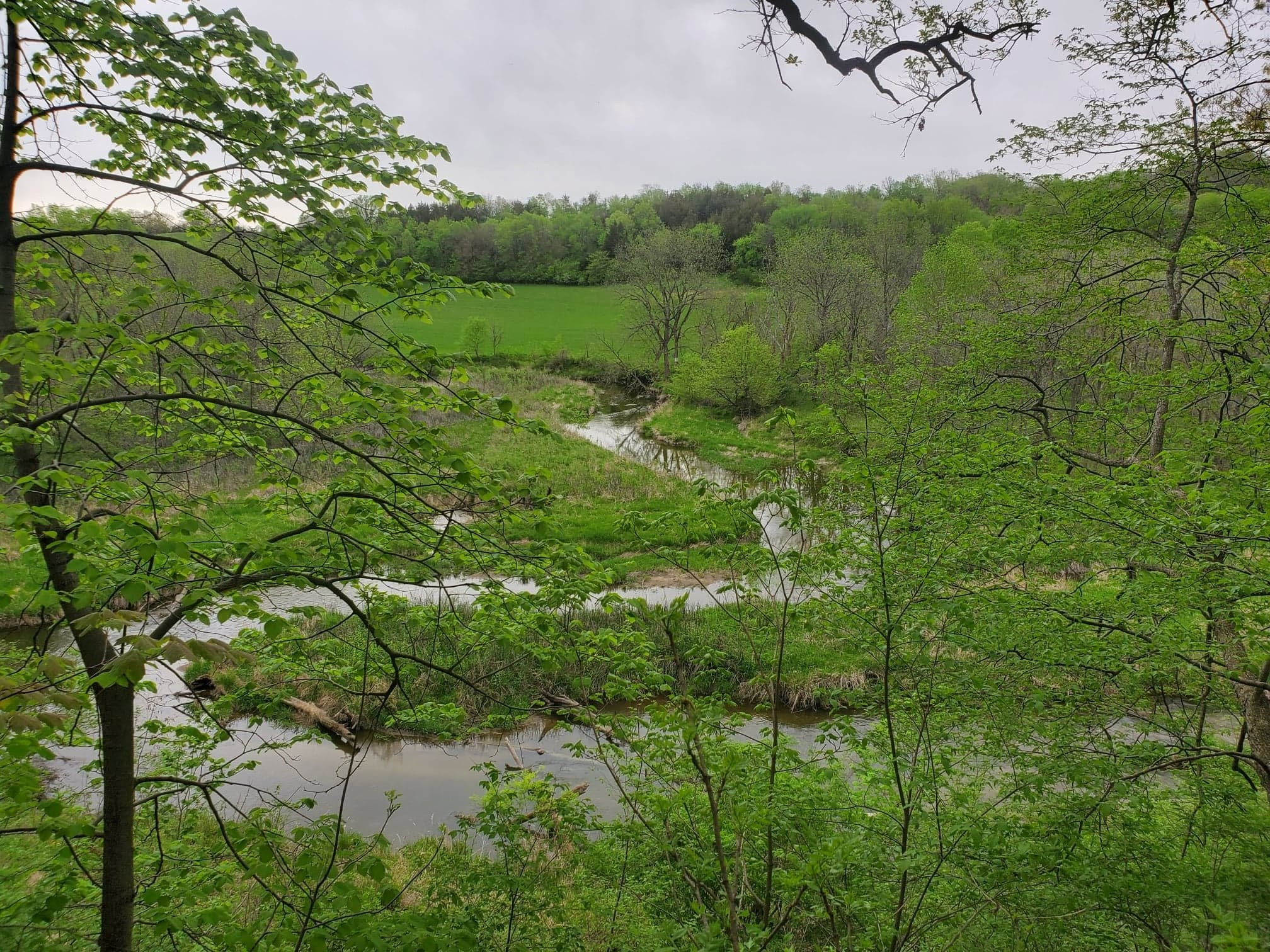How to apply
Thank you for your interest in applying to the MFA Program in Creative Writing and Environment at Iowa State University. Below you will find basic information about required application materials along with some tips about how to prepare your writing samples. We hope this information is helpful, and we look forward to reading your application.
Complete Application Guidelines: Please visit the following page for links to relevant application upload websites and for complete application guidelines: How to Apply.
MFA teaching assistantship support
We make every effort to offer assistantship support to all the students admitted to the MFA Program in Creative Writing and Environment. At present, starting half-time 20 hours per week teaching assistantships for MFA students total $20,872 paid out over 10 months from Aug 16 through May 15). Teaching assistants with half-time assistantships also receive a full tuition waiver scholarship (approximate value $11,838 Fall 2025) and single health insurance coverage.
The teaching load for teaching assistants is four classes a year (2 classes per semester), teaching in the ISUComm Foundation Courses or Speech Communication programs. Teaching assistants receive excellent preparatory training to support their teaching from the directors of these teaching programs. They are carefully mentored during their first year of teaching.
Other Support: The MFA Program in Creative Writing and Environment is home to the Pearl Hogrefe Fellowship in Creative Writing.
Application deadline
January 5 is the single application deadline for admission consideration for entry the following academic year (beginning fall term).
What you will need to apply
Application Requirements and Instructions
All of the following materials are required for your application to be complete and must be uploaded electronically via the Iowa State University Office of Admissions online application system:
- Online Graduate Application (and application fee)
- Statement of Purpose
- Curriculum Vitae/Resume
- Writing Portfolio, which should be a single PDF containing the following items in the specified order (see below for additional instructions concerning content and length):
- Creative Writing Sample
- Expository Writing Sample
- Three Letters of Recommendation
- Scanned Official Transcripts and degree statements
- Hogrefe Fellowship Application Form if applicable
- Teaching Assistantship Application if applying for a teaching assistantship (see additional instructions on the English department’s How To Apply website)
- Nonnative speakers of English requirements, if applicable (see additional instructions below):
- English proficiency official examination scores sent directly to ISU by the testing agency for TOEFL/IELTS/PTE/Duolingo (upload unofficial scores to your application account)
- Audio or video file to demonstrate competence in spoken English
Additional information regarding the above requirements
Statement of purpose
In 750-1000 words, discuss how the MFA Program in Creative Writing and Environment would further your academic, artistic, and professional goals (leave the actual admission application form blank where it requests a 500-word statement of purpose). Consider addressing some of the following in your Statement of Purpose:
- Fieldwork experiences in natural or urban landscapes that have influenced your practice and/or aesthetic as a writer;
- Writers or currents of environmental thought that have influenced your work;
- Issues of place, landscape, the natural world, or environment with which your work engages;
- Organizations you’ve worked with or activities you’ve completed that are related to ecological or environmental issues;
- Creative projects with an environmental dimension that you have started or anticipate writing while in the program.
CV/Resume
Be sure to include education (academic degrees, programs of study, educational institutions), work history (including teaching and editing experience, if applicable), and publications, productions, exhibits, honors, and awards for your creative work.
Creative writing sample
Include a sample—of no more than 25 pages of prose (double-spaced), 15 pages of poetry (may be single-spaced), or 25 pages of a script for stage or screen (in professional manuscript format)—that demonstrates exemplary ability in one genre. Samples should be in a standard 12-point serif font, such as Times New Roman. We ask that you declare a primary genre (fiction, nonfiction, poetry, or drama) at the time of application. Once admitted, students are allowed—and encouraged—to work in multiple genres.
Expository prose writing sample
Include a sample of no more than 10 pages (double-spaced, standard 12-point serif font). Your expository writing sample allows you to demonstrate your command of scholarly research and critical writing skills, as well as accepted grammatical rules for written English. Applicants usually submit a scholarly research essay written for an undergraduate or graduate course in literature, rhetoric, advanced composition, or other humanities field of study.



